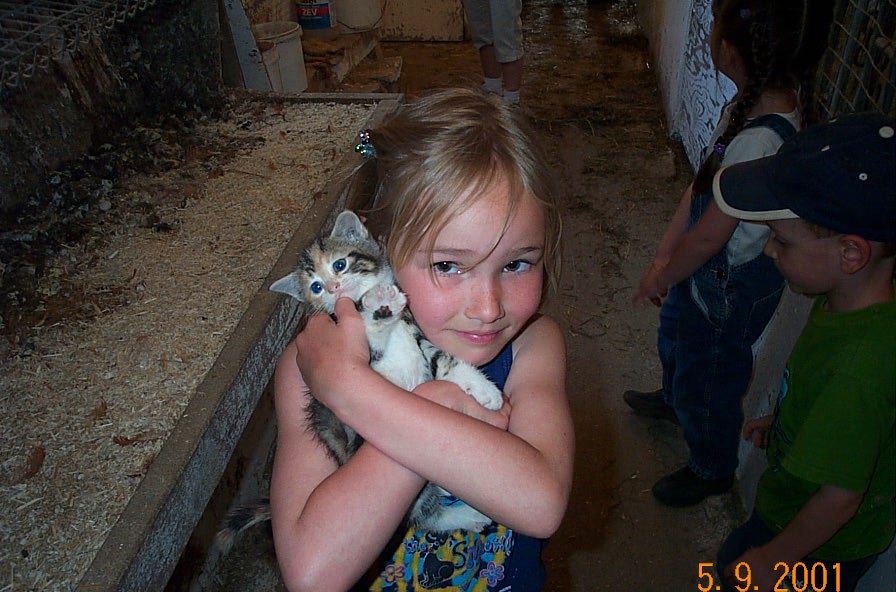In the fall of 2009, an E. coli O157:H7 outbreak at Godstone Petting Farm in the U.K resulted in 93 illnesses – primarily little kids.
An initial report by Professor George Griffin found that it could have been avoided if visitors had been kept away from animal feces, and was made worse by the slow reaction of health authorities before the petting farm in Surrey was closed.
Eight of the children infected required dialysis and some have been left with permanent kidney damage. At one point during the outbreak victims were occupying all the children’s acute renal  support services in London.
support services in London.
As part of the response, U.K. health types recommended handwashing stations with soap and water only (no wipes or sanitizers).
But while some studies suggest inadequate handwashing facilities may have contributed to disease outbreaks, or washing hands was protective against illness, others suggest bugs like E. coli O157 may be aerosolized and inhaled, thus not prevented with handwashing.
Add the latest paper on the 2009 outbreak to the list: a bunch of U.K. researchers conclude that in the Godstone outbreak, “handwashing conferred no demonstrable protective effect.
“Moreover, from the findings of many previous published studies, it must be assumed that all petting or open farms are potentially high-risk environments for the acquisition of VTEC O157 infection.”
A table of petting zoo outbreaks is available at http://bites.ksu.edu/petting-zoos-outbreaks.
Large outbreak of verocytotoxin-producing Escherichia coli O157 infection in visitors to a petting farm in South East England, 2009
Epidemiology and Infection August 2012 140 : pp 1400-1413
C. Ihekweazu, K. Carroll, B. Adak, G. Smith, G. C. Pritchard, I. A. Gillespie, N. Q. Verlander, L. Harvey-Vince, M. Reacher, O. Edeghere, B. Sultan, R. Cooper, G. Morgan, P. T. N. Kinross, N. S. Boxall, A. Iversen and G. Bickler
http://journals.cambridge.org/action/displayAbstract?fromPage=online&aid=8634028’
In the summer of 2009, an outbreak of verocytotoxigenic Escherichia coli O157 (VTEC O157) was identified in visitors to a large petting farm in South East England. The peak attack rate was 6/1000 visitors, and highest in those aged <2 years (16/1000). We conducted a case-control study with associated microbiological investigations, on human, animal and environmental samples. We identified 93 cases; 65 primary, 13 secondary and 15 asymptomatic. Cases were more likely to have visited a specific barn, stayed for prolonged periods and be infrequent farm visitors. The causative organism was identified as VTEC O157 PT21/28 with the same VNTR profile as that isolated in faecal specimens from farm animals and the physical environment, mostly in the same barn. Contact with farm livestock, especially ruminants, should be urgently reviewed at the earliest suspicion of a farm-related VTEC O157 outbreak and appropriate risk management procedures implemented without delay.
